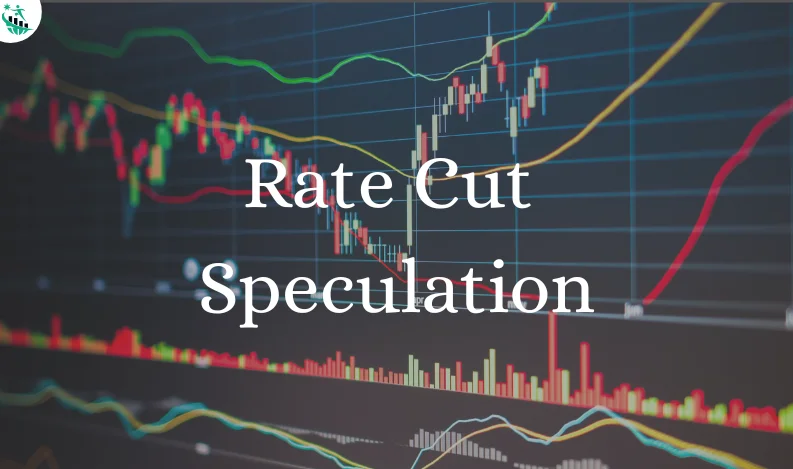
Stock Markets Reach Record Highs as Rate Cut Speculation Lifts Mood
World equity indexes are reaching record highs as investors remain upbeat about slowing inflation, stronger earnings, and growing hopes for rate cuts in the U.S.
The MSCI All Country World Index, following over 2,500 stocks in developed and emerging markets, has recorded four consecutive record closes, as per LSEG data. In the US, the S&P 500 closed a fresh record on Wednesday, while Japan's Nikkei 225, South Korea's Kospi, and Singapore's Straits Times Index all recorded all-time highs this week.
Analysts attribute the rally as a sudden turnaround from earlier this year when worries over inflation, tariffs, and geopolitical threats had hung over markets. "Year-to-date performance has really been premised on robust economic growth and, more importantly, corporate earnings," explained Eddy Loh, head of investment strategy at Maybank.
New U.S. evidence has strengthened the argument for monetary loosening. Producer prices fell unexpectedly 0.1% in August, rather than rising 0.3% as economists predicted, stoking wagers that the Federal Reserve will reduce rates when it meets on Sept. 17. CME's FedWatch tool indicates a 92% chance of a quarter-point reduction.
Stocks have reached new highs as a much weaker-than-expected PPI painted deflation instead of expected inflation," commented José Torres, senior economist at Interactive Brokers. "Animal spirits are running high because the well-received release is supporting probabilities that the Fed will produce cuts in each of its last three meetings in 2025.
Technology has also thrown a spark. Oracle jumped to an all-time high after forecasting robust AI-related revenue, boosting its market cap by $244 billion, its largest single-day increase since 1992.
However, it is still with a caution. Maybank's Loh cautioned that U.S. tariffs, which became effective in August, may dent sentiment in coming months. For the time being, investors are waiting for the next U.S. consumer price index report, which could further define the Fed's policy trajectory.



Recent Comments:
No comments yet.